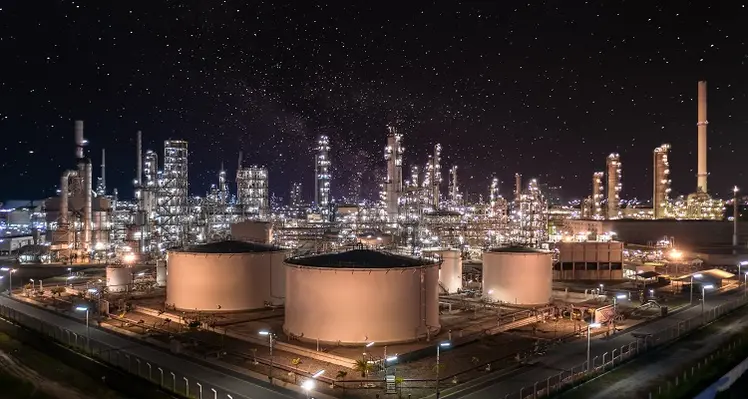Ahead of COP28, DecarbonX, an Angara initiative driving decarbonisation solutions for petroleum infrastructure, is calling for urgent action from the petroleum industry to tackle the issue of fouling in refineries
Fouling in refineries, where the build-up of deposits impacts heat exchangers efficiency, leads to increased energy consumption and CO2 emissions.
The fouling removal methodology developed by DecarbonX maintains the efficiency of heat exchanger equipment in refineries, with the potential to reduce up to 15% of refinery emissions in a matter of months, targeting 40% savings over 2-3 years. The approach utilises chemical, petrophysical, digital AI technologies to improve heat exchanger efficiencies, and monitor long term performance. Retrofitting existing infrastructure enables DecarbonX to maximise emissions reductions whilst improving energy efficiency, without impacting operations.
Engineering consultancy DNV has verified that DecarbonX technologies could abate up to 400mn tonnes of CO2 emissions per year.
The UN estimates enormous cuts to greenhouse gas emissions are needed to reduce global warming, with a 30% reduction required to limit the global temperature rise to 2°C above pre-industrial levels. It warns they are currently projected to fall just 2% by 2030, comparable to 2019 levels. This increases the impetuses to find solutions that limit emissions and can be implemented quickly, whilst longer-term technologies, such as carbon capture and low-carbon fuels, can be significantly scaled.
Alex de Valukhoff, chief executive officer at Angara, said, “Every second that’s wasted adds more avoidable CO2 into the atmosphere, and moves the world further from UN targets. We’re advocating a decarbonisation programme for the petroleum industry, that is based on independently verified data, and if embraced globally, could reduce CO2 emissions by up to 400mn tonnes per year.
“Removing fouling continually to keep heat exchangers always clean is the neglected fix in the decarbonisation debate, and we urge those in the industry to embrace innovation to tackle this avoidable problem.”








